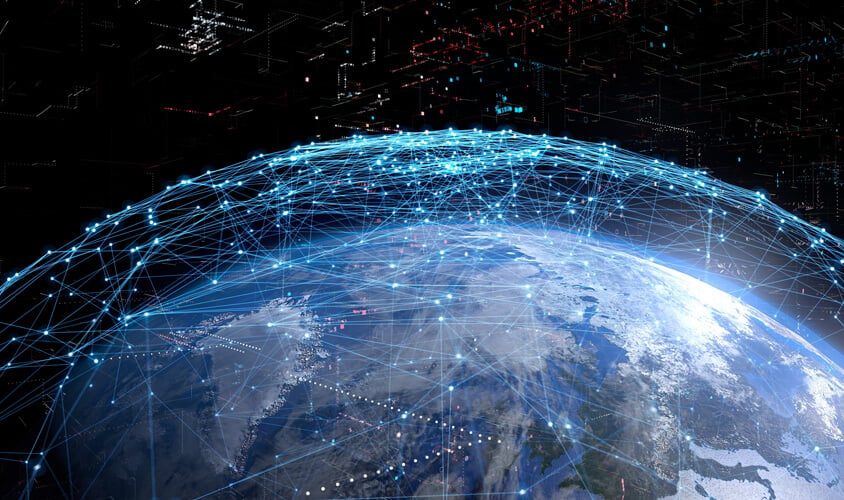Meeting Global Security Challenges in a Post-COVID World
After the end of the Cold War, France decided to adjust its national security position—including moving to an all-professional armed forces, dismantling surface-to-surface nuclear missiles, and building its force protection capability.
But roughly 15 years later, the world had drastically changed and France needed to reassess its security posture.
“The formidable acceleration of information exchanges, the increased trade in goods and services, as well as the rapid circulation of individuals, have transformed our economic, social, and political environment in both positive and negative ways, as well as the paradigms of national and international security,” according to The French White Paper on Defence and National Strategy, published in 2007. “The hierarchy of powers has changed and will continue to evolve. The world is not necessarily more dangerous, but it has become more unstable, more unforeseeable.”
Threats the paper highlighted included the rise of Jihadism-inspired terrorism, ballistic missiles, cyberattacks, and health and environmental crises. It also emphasized the need for France to enhance its knowledge base as the first line of defense.
“Knowledge guarantees our autonomy in decision-making and enables France to preserve its strategic initiative,” the whitepaper said. “It is knowledge which must be provided as early on as possible to decision-makers, military commanders, and those in charge of internal and civil security in order to go from forecasts to informed action.”
To help enhance that knowledge base, French President Nicolas Sarkozy created a National Security Council and enhanced the authority of the existing national security advisor, who reported to him.
“The French president has traditionally been the ultimate decisionmaker on security and international matters, relying on a tight group of advisers to define policy,” according to analysis by Emile El-Hokayem, a research fellow at the nonprofit, nonpartisan think tank the Stimson Center. “But as challenges grow more complex, there is a need to expand the decision-making circle and promote integration and cooperation among agencies.”
Alain Bauer was one of the individuals Sarkozy selected to help establish the National Security Council. Bauer had formerly served as the national security advisor to French Prime Minister Michel Rocard, and [was]is a well-respected criminologist and author on security, crime, violence, and policing.
Following the establishment of the council, France—and other nations—reinvested in their security apparatuses to prepare for future threats, including disease outbreaks.
“We prepared ourselves. We gave ourselves elements, documents, plans, tools, and administrations—especially in France—and we were the best prepared for the H1N1 pandemic, and it did not happen,” Bauer says. “So, we decided if it did not happen last time, it will never happen. It’s what we call magical thinking. And we destroyed—with great determination—whatever we were prepared to do.”
Those decisions to dismantle nations’ preparedness measures left the world ill-prepared to address the COVID-19 pandemic, Bauer adds, except for Taiwan.
“The only country that was struck very hard [during H1N1], which was Taiwan, decided to prepare itself for the next one,” he says. “And they’re the only one that did well the first time [with COVID-19]—almost no cases, almost no deaths, no stopping the economy.”
In his Game Changer session at GSX+, “Where Do We Go from Here: A Fresh Perspective on the State of Global Security,” Bauer will offer his insights into lessons learned from the COVID-19 pandemic, how the role of security must change to meet new situations, and what key trends face security professionals in the future. Join the conversation beginning at 10:15 a.m. on Wednesday, 23 September.
